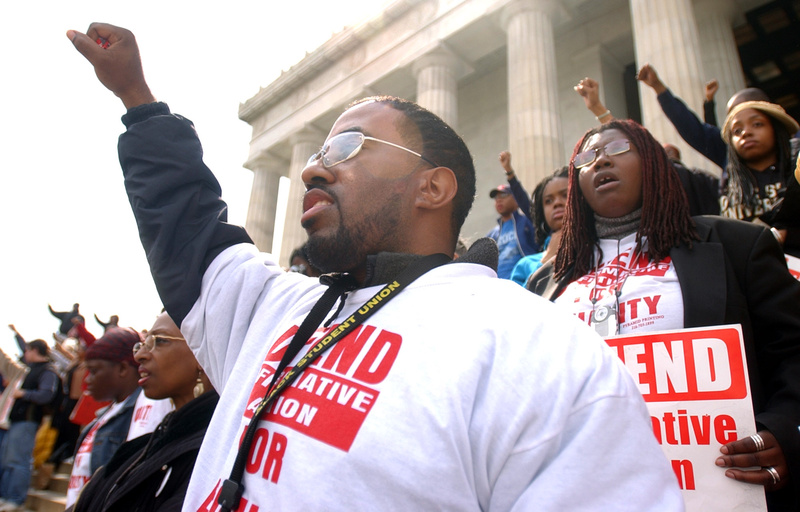The college admissions process looks unfair to many who try to navigate it. For every accepted student, selective colleges can turn down an equally qualified applicant. Or two. Or 10. In the end, decisions are made on a wide variety of factors beyond SAT scores and grade point average. One of them is race.
Once again the U.S. Supreme Court is being asked to strike down this practice, which was upheld in 2003, in the case of a Texas high school graduate who was denied admission to her state’s flagship university even though others who were accepted, including some minorities, had lower grades and scores.
Advocates for Abigail Fisher say college admissions should be a search for the best and the brightest and all decisions should be made on objective criteria, but it’s not that simple.
The criteria are less objective than they would appear. Students come from different schools where there are different standards, quality of teachers and community expectations that could affect high school grades and test scores. There are few “objective” measures that don’t correlate to family income and education.
Why should this matter? Because the state should aim to spread opportunity not limit it. It’s not in anyone’s interest for the public education system to be used to perpetuate inequality and discrimination that is already baked into the system. Race should not be the only determining factor in who gets into a particular college, but promoting equal opportunity is more valuable to the whole community than making sure that every member of the freshman class had a high score on the SAT.
Fisher’s is a strange test case for the law, even though she was personally disappointed to not be accepted to the University of Texas. Current UT practice reserves a number of places for high school students who meet certain standards for academic achievement. She did not qualify.
But that did not mean she was denied a college education. Instead, she went to Louisiana State University, and has since graduated. It is hard to see how she was harmed, or how denying someone else an opportunity would be in anyone’s best interest.
The Supreme Court should uphold its decision and allow schools like Texas to continue using race as one factor in their admissions process.
Send questions/comments to the editors.



Success. Please wait for the page to reload. If the page does not reload within 5 seconds, please refresh the page.
Enter your email and password to access comments.
Hi, to comment on stories you must . This profile is in addition to your subscription and website login.
Already have a commenting profile? .
Invalid username/password.
Please check your email to confirm and complete your registration.
Only subscribers are eligible to post comments. Please subscribe or login first for digital access. Here’s why.
Use the form below to reset your password. When you've submitted your account email, we will send an email with a reset code.